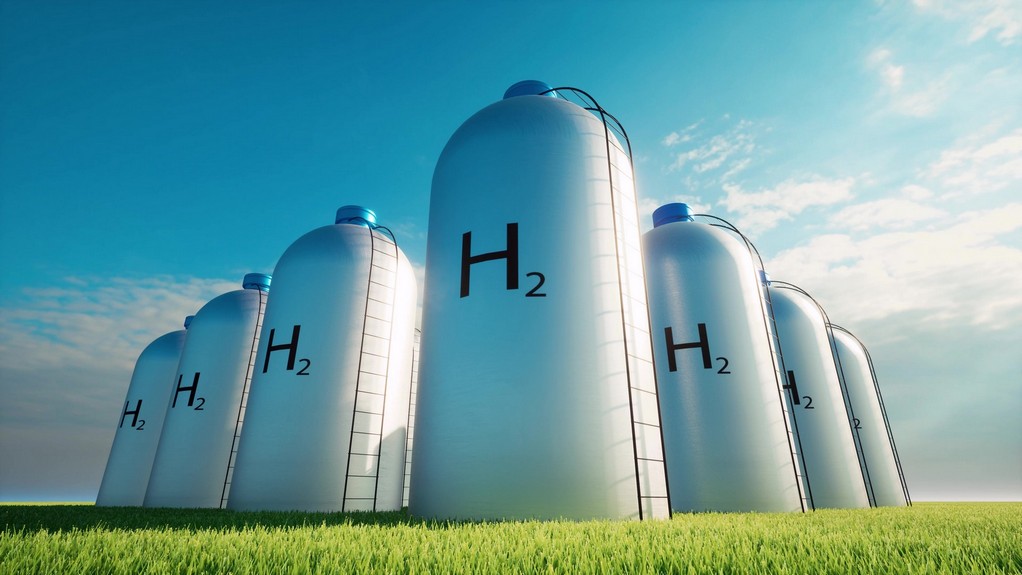The momentum behind hydrogen has remained strong over the past year, but unexpected twists are changing what insiders are calling the “hydrogen race.”
The European Union, the region which just two years ago held a competitive know-how advantage, is now getting caught up in defining its own regulatory framework. These rules are needed to create certainties to implement local hydrogen projects and define a hydrogen supply chain to unlock export projects abroad.
The EU’s cooperation with Gulf countries, and the Middle East in general, is one good example.
Project developers see the potential for hydrogen production in the region. Land, renewable energy, infrastructure and ports are plentiful. Such large projects increase efficiencies yet require caution, as investment mistakes could waste billions of dollars.
Masdar, a UAE-government-owned renewable energy company, is one of the major hydrogen investors in the region. It wants to be an early mover and is waiting for regulations in import markets, namely EU member states and Asian countries like Japan and South Korea.
Not everybody agrees that a lack of competition among importers will lead to harmony. Some experts think the developing hydrogen economy will bring about new, competitive relationships between countries.
Hydrogen-focused companies see a positive state of affairs. The recent US mechanisms meant to bring the entire supply chain for green hydrogen technology within its borders are pushing European institutions to develop an equally attractive framework to avoid technology providers resettling across the Atlantic.
According to Siemens Energy, large regional projects are unlikely to start producing green hydrogen over the next two years.
A model for a green hydrogen industrial plant made by Iberdrola ClientesA model for a green hydrogen industrial plant made by Iberdrola Clientes
As the recent tensions over US incentives show, competition is not only a matter of hydrogen deliveries. It’s also a matter of hydrogen technology. If just half of the projects in the pipeline come online as planned, massive issues with the supply chain would arise, say experts. Technology providers will play a key role in the nascent hydrogen markets.
At the same time, slower developments would decrease tensions. Companies would have time to standardize new components like electrolyzers — a key component to produce hydrogen from renewable sources — and scale up the production of others, like compressors, transformers and rectifiers.
Some countries, like China, could move faster in the entire supply chain. Experts also expect the supply chain to take advantage of American policies, like the Inflation Reduction Act. That is why the EU’s policies and regulatory framework are key to unlocking investments in Europe.
In general, experts agree that competition between technologies and countries will remain. But, given the high demand for these components, all the technology providers are set to benefit.
Tags: Energy Sector, Europe, Hydrogen, Supply Chain

Recent Posts
ClassNK explores alternative fuel paths
Hydrogen fuel of future: Gadkari
Classification societies on new fuels pathway
GCMD and NYK Line team up to address concerns of biofuels
ONE and Ancotrans reduce CO2 emissions with first FH e-Trucks
Accelleron, HD Hyundai Marine Solution renew long-standing agreement
Hapag-Lloyd and IKEA collaborate to advance cleaner shipping
Varuna Group’s pioneering role in sustainable logistics with Climes